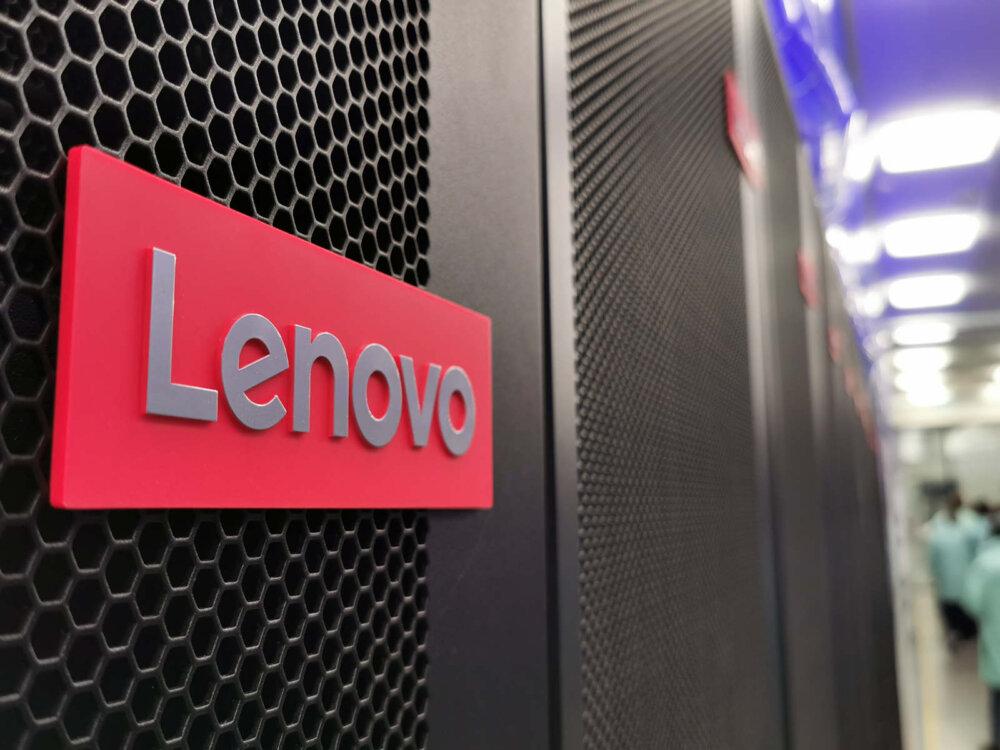
Trevor Greenway, CEO of interVal: “98% of SMBs do not know their true enterprise value or, more importantly, what they can do about it”
Trevor Greenway, CEO of interVal, is a man on a mission. Having been President of a mergers and acquisitions (M&A) consulting firm, he’s seen first-hand that many business owners simply don’t know the value of their business. His startup helps accounting firms and their clients unlock this knowledge — and then do something with it.
The key is interVal’s use of technology rather than basic metrics — such as turnover or profit multipliers — to allow a company to see its value. And also to understand where it needs to invest (or trim) to maximise it.
As is so often the way, data is at the heart of what interVal does. But Trevor and his team are also aware of people-based issues. Things like early retirement, fewer certified public accountants (CPAs) and “the largest transfer of wealth in history”.
Read on to discover more about interVal and for Trevor’s advice to anyone considering starting up their own business. Or investing in one.
What’s your elevator pitch?
interVal drives more advisory services for accounting firms and financial institutions, allowing them to save time, streamline operations and uncover valuable opportunities for their SMB clients.
What made you launch a startup?
From our inception, our founding team has always believed that business owners deserve better from their advisory partners. Better advice, better communication and better access to the information they depend on to make decisions.
What problem are you trying to solve?

interVal addresses two converging problems:
- Advisors are falling behind: accounting firms are grappling with limited time, high retirement rates and historically low CPA graduation rates, while banks lack visibility into SMB financial data and are facing the largest transfer of wealth in history.
- SMBs don’t know their worth: 85% of SMBs’ future wealth is their business and 98% of them do not know its true enterprise value or, more importantly, what they can do about it.
Can you talk us through your journey so far? What’s a major milestone you’ve reached?
Launching in 2021 with small accounting and wealth advisory firms, we quickly found product market fit and moved up the market into regional banking institutions and larger accounting firms by 2022. So far in 2023, we have added multiple national firms and banks, bringing us to over $1 million in annual recurring revenue.
Who are your main competitors and what distinguishes your startup from them?
interVal sits in a unique place between the spaces of data insights and automation tools like Judi.ai and Railz, and valuation tools like BizEquity and GrowGrade, making us a market leader in our space of discovery automation.
Where do you hope interVal will be in ten years?
We believe that we have only just begun our journey. Recently, we began our expansion into the US market after building a strong foundation in Canada. We expect to continue our expansion in a number of different countries, helping large enterprises digitally transform and deliver more efficient and valuable services to their SMB customers. The problem we are solving is borderless, and we plan to be as well.
What advice would you give yourself if you could go back in time?
Follow your instincts. Being a first-time tech founder can feel like you’re an imposter in your own company every day. I was a voracious learner and sought guidance from those who had done it before me. That part I would do all over again — it was incredibly helpful.
The part I would change would be trusting my own instincts and that I know the problem well enough to take decisive action, and be right far more often than I’m not. At the end of the day, being an entrepreneur requires action and decisions, and just because you may not have THAT specific experience doesn’t mean you aren’t capable — even without outside guidance.
What would you say to potential investors reading this interview?
interVal’s market is at a major turning point and our growth projection is massive. 86% of accounting firms state tech will play a major role in their growth and expansion in the next year, with 50% saying they will invest in automation or AI tools in the next 12 months. Meanwhile, banks are estimated to spend $93 billion on IT and tech, up from $85 billion previously, and are dealing with the largest transfer of wealth in human history, impacting both business owners and their advisors.
What advice do you have for aspiring entrepreneurs and anyone looking to launch their startup?
Product market fit is key — but if you have it, go for it. While it’s not for the faint of heart, startup life is very rewarding especially when you truly believe in the product or service you are offering.
Enjoyed this interview? Here are some more
Our thanks to Trevor for taking the time to share his insights. To hear from more inspiring startup founders, head to the links below:
- Taha Zemmouri, Eden AI: “It’s very difficult to project that far ahead in an AI world where developments occur in weeks, not years.”
- Patricia Thaine, Private AI: “When building something, only jump on waves if it fits your vision”
- Kevin Ludford, CEO of fumopay: “If you truly believe in your business, get going”
NEXT UP

Inside Lenovo’s Budapest factory: making workstations more sustainable
Lenovo has just switched on 5,072 solar panels to make its Budapest factory more sustainable. We go behind the scenes

Eight lessons from building an AI product
In 2021, long before ChatGPT, Prashant Mahajan built his own generative AI tool for product managers. Here, he shares his playbook for building an AI product that will stand out from the crowd.

Taavi Tamkivi, Founder and CEO of Salv: “Collaboration between financial institutions, or rather lack of it, has traditionally been a challenge”
We interview Taavi Tamkivi, the Founder and CEO of Salv, a regtech company on a mission to beat financial crime